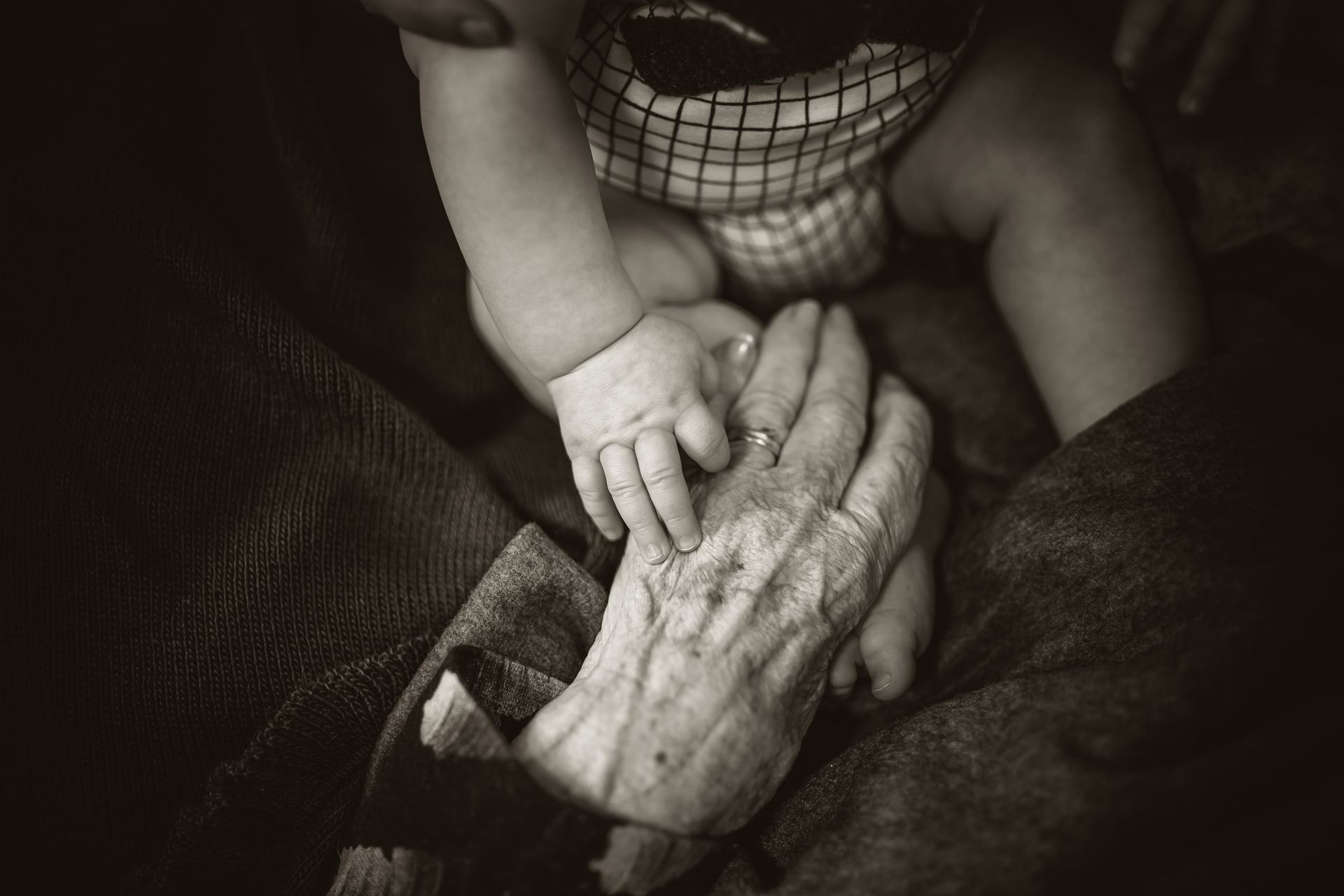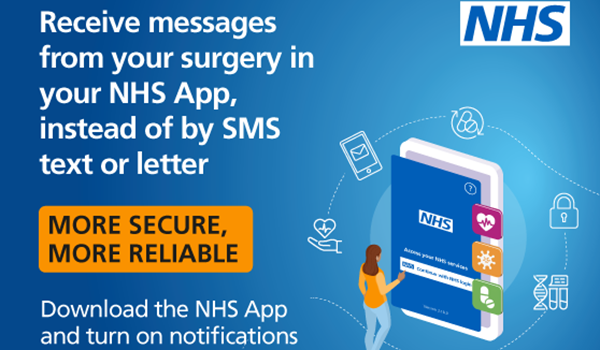Increasingly, patient medical data is shared e.g. between GP surgeries and District Nursing, in order to give clinicians access to the most up to date information when attending patients.
The systems we operate require that any sharing of medical information is consented to by patients beforehand. Patients must consent to sharing of the data held by a health provider out to other health providers and must also consent to which of the other providers can access their data.
e.g. it may be necessary to share data held in GP practices with district nurses but the local podiatry department would not need to see it to undertake their work. In this case, patients would allow the surgery to share their data, they would allow the district nurses to access it but they would not allow access by the podiatry department. In this way access to patient data is under patients' control and can be shared on a 'need to know' basis.
Online Services – Patient Records
New contractual requirements were introduced from 1 April 2014 for all NHS General Practices to offer and promote;
- Patient on-line access to appointments (not currently available due to the COVID19 situation)
- Patient on-line access to prescriptions
- Patient on-line access to certain parts of their medical record
Practices must also;
- Transfer relevant information to a patient’s Summary Care Record (SCR)
- Transfer a patient’s record electronically between Practices when patients register or de-register
- (GP2P)
Long Bennington Medical Centre currently offers all registered patients;
- On-line access to repeat prescriptions
- On-line access to a summary of their medical record i.e. medications, allergies and adverse reactions
- Relevant information is transferred to a patients Summary Care Record (SCR)
- Electronic transfer of patient’s records between practices when patients register or deregister (GP2GP)
- Online access to full clinical record from the patient record (from 1.4.2019) and only when requested by completing an updated
- From 31st October 2023 patients will have access to their prospective medical record through The NHS App.
The NHS wants to give people better ways to see their personal health information online. We know that people want to be able to access their health records. It can help you see test results faster. It also lets you read and review notes from your appointments in your own time.
We’re now letting you see all the information within your health record automatically. If you are over 16 and have an online account, either through the NHS App or NHS website, you will now be able to see all future notes and health records from your doctor. Some people can already access this feature; this won’t change for you.
This means that you will be able to see notes from your appointments, as well as test results and any letters that are saved on your records. This only applies to records from your GP, not from hospitals or other specialists. You will only be able to see information from 31st October 2023. For most people, access will be automatic, and you won’t need to do anything.
Your doctor may talk to you to discuss test results before you are able to see some of your information on the app. Your doctor may also talk to you before your records access is given to make sure that having access is of benefit to you. There might be some sensitive information on your record, so you should talk to your doctor if you have any concerns.
These changes only apply to people with online accounts. The changes also only apply to personal information about you. If you are a carer and would like to see information about someone you care for, speak to our reception team.
The NHS App, website and other online services are all very secure, so no one is able to access your information except you. You’ll need to make sure you protect your login details. Don’t share your password with anyone as they will then have access to your personal information.
If you do not want to see your health record, please submit an Administration Request through our online AccuRx system and our team will action this for you.
Online Access to Health Records Form
To access these services please ask for an application form from reception, photographic ID and separate proof of address will be required. An information leaflet about our online services can be found below:



